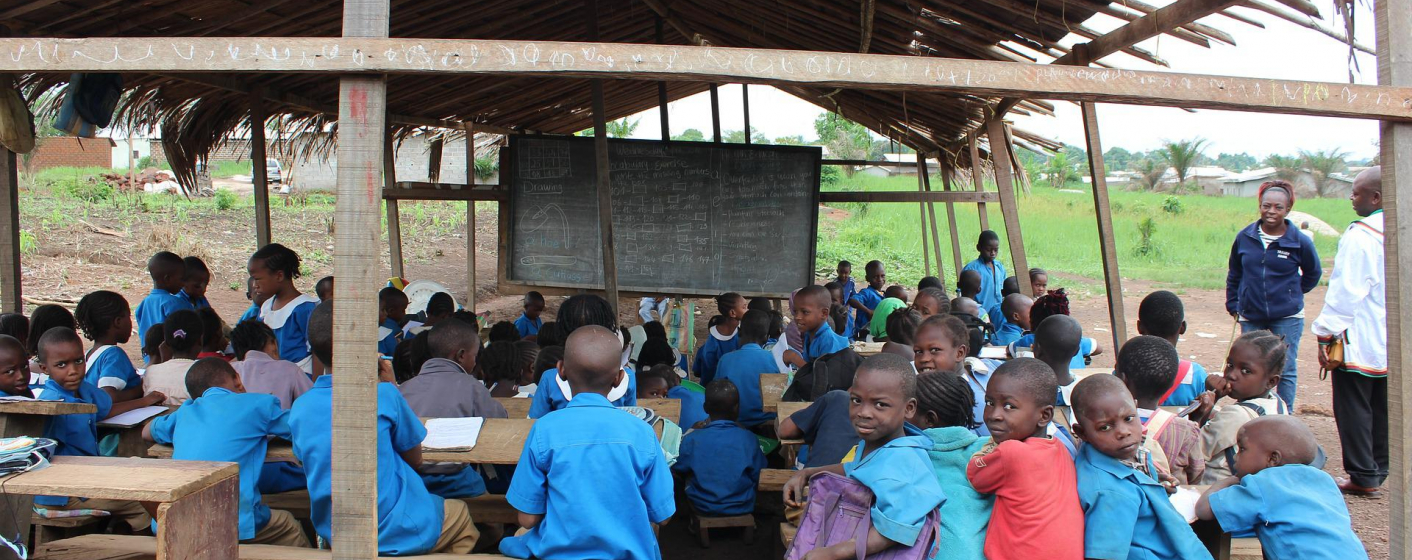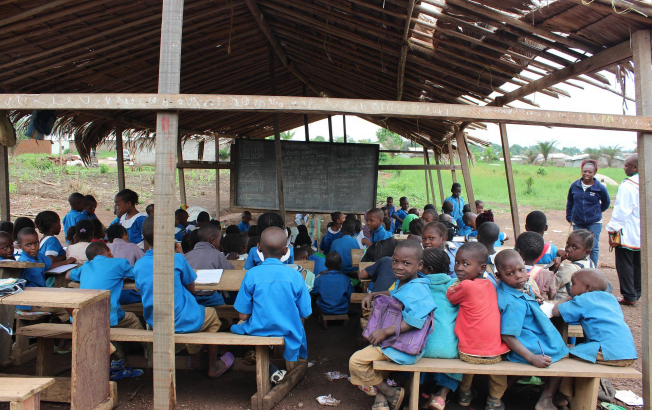Quality of education in Senegal: A well thought-out policy but implementation is problematic


The administrations, staff, partners and resources are available to carry out strong reforms. However, if the Ministry of Education is to live up to its ambitions, improvements in the way the chain of transmission of directives works and in the involvement of teams in the field are essential.
Improvements to be made
Such is the general observation that emerges from the diagnosis of the management of the quality of education carried out by the Ministry of Education with the support of the IIEP-UNESCO Dakar. Despite a desire for decentralisation, which is reflected in an attempt at more inclusive governance implemented over the past two decades, the administration still has a stranglehold on the definition of educational policies.
"We want to be actors of change, and for our voice to be heard", testified members of the Senegalese educational community who wish to be more involved in the various programmes for improving the quality of education.
A top-down approach is all too often imposed on actors in the field. Measures and mechanisms that appear relevant on paper lose all their effectiveness once they are deployed in the schools, because they are not adapted to reality.
There are many bottlenecks that cause the system to seize up
Overlapping instructions and the lack of synergy between the various tiers lead to a great loss of efficiency. Difficulties in circulating information between the various directorates of the Ministry of Education, the academies, the education and training inspectorates and, at the end of the chain, the schools, slow down the implementation of the various programmes.
Many financial resources are mobilised by the state or its partners (PAQUET, PAQEEB, PASEB, USAID-EBD, etc.), but the distribution of these funds, although available, has difficulty in reaching the target populations. As a result, in many schools, such as in Kaffrine for example, 90% of school expenses (maintenance, repairs, payment of the caretaker) end up being paid for by parents' contributions. The report highlights a persistent mismatch between the needs of the teaching community and the tools deployed by the authorities.
This is illustrated by an inspector's observation on the relevance of student evaluation criteria: "Faced with subjects who do not learn in the same way, who do not evolve at the same pace, who do not have the same background and who do not live in the same conditions, it is inappropriate to evaluate them on the same basis."
The call of the education community
To ensure that reforms are in line with the needs of the field and that they reach their targets, the actors in education in Senegal are calling for the earliest possible involvement in the design of programmes to improve the quality of education.
This is for two reasons:
- To feel part of the process in order to facilitate the appropriation of tools and devices;
- and above all to have the opportunity to share their concrete experiences in their regions and classes so that they can be taken into account in the definition of objectives.
A support system to be rethought
Progress can be made on the issue of teacher supervision. The report points to monitoring methods that are too rigid. At present, the tools are still based on the collection of quantitative data, driven by a logic of sanction-reward for teachers who do not achieve certain objectives.
This leads to a bias in their processing, and influences the professional culture of teachers towards an approach of compliance control rather than improvement of their professional practices. This blocks the capacity for innovation, and leads some teachers to use the structures of peer deliberation and exchange as antechambers for preparing candidates for professional examinations. Whereas these spaces are initially intended for them to share their experiences and identify areas for progress in their practices.
The Ministry of Education has the tools, staff and partners to achieve its goal of improving the quality of education. It can also rely on local initiatives, such as support for pupils in difficulty, logistical management of schools or the organisation of informal discussion groups.
The challenge now is to involve the wider education community (teachers, inspectors, parents, local decision-makers) so that in future those working in the field will no longer utter this type of sentence:
"Sometimes they give us slates when we need chalk."
